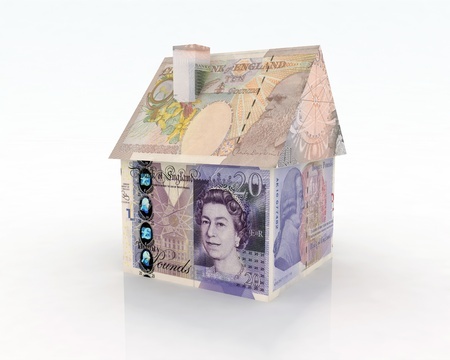BLOG
Main residence relief and periods of deemed occupation

Most people are aware of the existence of the capital gains tax exemption for their only or main home, but it is probably fair to say that the intricacies of the relief are less well known. For the gain to be fully exempt, the property must have been occupied as the taxpayer’s only or main residence throughout the period of ownership. However, there are certain periods which are treated as periods of occupation, even if the taxpayer was not actually occupying the house as a main residence at that time.
The last 18 months
If a property has been occupied as the taxpayer’s only or main residence at some point during the period of ownership, the last 18 months of ownership are exempt. This applies even if the taxpayer has another property which at that time is his or her main residence.
A three-year period of absence
A period of absence of up to three years (or shorter periods which together add up to no more than three years) may be treated as a period of occupation if the further conditions below are met.
Performance of duties
A period of absence of not more than four years (or periods of absence which together do not exceed four years) throughout, which the taxpayer was prevented from living in his main residence by virtue of a condition imposed by his employer requiring him to live elsewhere in order to perform the duties of his employment effectively, is deemed to be a period of occupation, as long as the further conditions below are met. This period of deemed occupation extends to the taxpayer’s spouse or civil partner if they too were absent from the main residence because they were living with the taxpayer.
Employment abroad
Any period during which the taxpayer was in an employment where all the duties of that employment were performed outside the UK, or during which the taxpayer lived with a spouse or civil partner who worked in such an employment is also treated as a period of occupation, provided the further conditions below are met.
Further conditions
With the exception of the last 18 months, two further conditions must be met for the periods of absence detailed above to qualify for periods of deemed occupation.
Condition A is that there was a period of time whether the dwelling house was the individual’s only or main residence.
Condition B is that:
- there was a period of time when the dwelling house was the individual’s only or main residence;
- other than for a period of absence of up to three years, the individual was prevented was resuming residence in the dwelling house as a result of the situation of the individual’s place of work; or a condition imposed on the terms of the employment requiring the employee to reside elsewhere in order to secure the effective performance of the duties; or the taxpayer lived with a spouse or civil partner in respect of whom this applies.
Any gain attributable to a deemed period of occupation benefits from the main residence exemption.
Need to know
The main residence exemption can still apply to gains attributable to periods of absence if the period of absence is deemed to be one of occupation.
If you need further advice on Main Residence Relief or information on any other property tax related matters please get in touch with us at Inform.
Read more of Inform's tax blogs:
100% capital allowance for low-emission cars
Giving your home away- beware the GWR rules
Business premises renovation allowance








.jpg?width=1500&height=1000&name=amy-hirschi-K0c8ko3e6AA-unsplash-(5).jpg)

